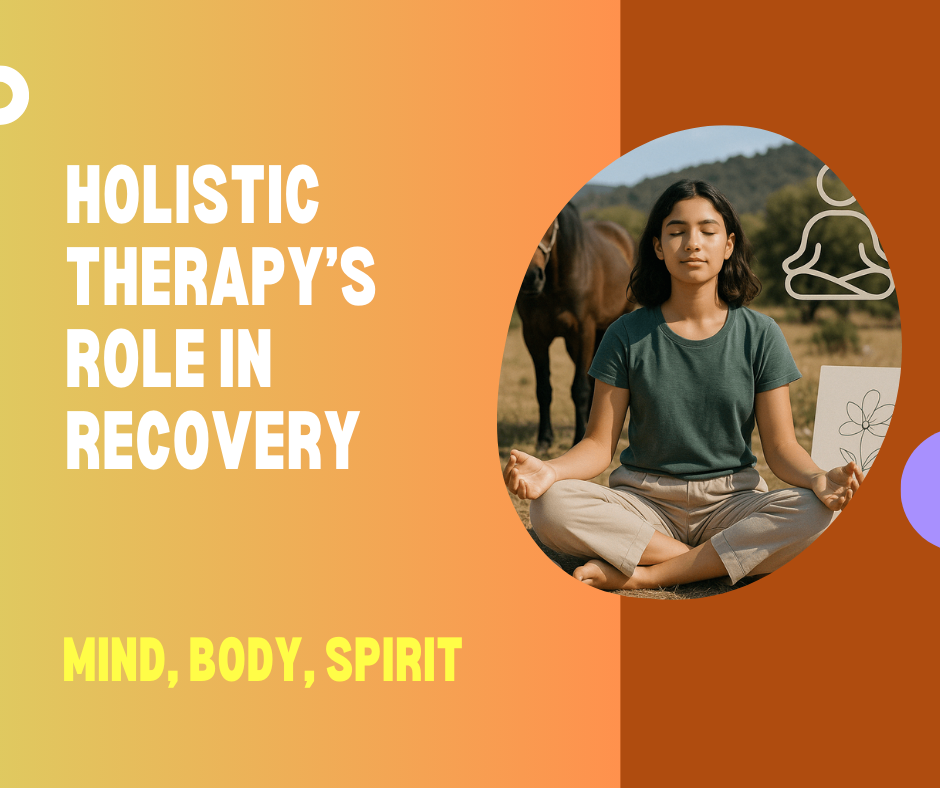
How to Deal with Youth Depression and Anxiety

Mental health concerns are consistently on the rise for our young people. For those concerned with their loved ones who struggle with anxiety and depression, it may be a struggle to understand how to help them. Learning how to cope with mental issues can be particularly difficult, especially if the one struggling is a child or adolescent. Whether you are a parent, spouse, or family member, learning how to identify and address youth mental health conditions can be huge; your role is invaluable because of your potential impact.
- What are the signs and symptoms of depression and anxiety in children and adolescents?
- How can I differentiate between normal mood swings and clinical depression or anxiety?
- What causes depression and anxiety in youth?
- How can I help my child or teen who is struggling with depression or anxiety?
- Are there resources available for youth dealing with these issues?
- Can depression and anxiety in youth lead to other issues if left untreated?
- How can schools support students with depression and anxiety?
What are the signs and symptoms of depression and anxiety in children and adolescents?
The signs of depression and anxiety in children and teens can sometimes be difficult. It is necessary to be attentive because typical developmental changes can mirror mental health problems. It is normal for them to feel sad during these shifts in life.
The key symptoms of youth depression include:
- Persistent feelings of sadness or hopelessness
- Frequent irritability or anger
- Social withdrawal from family and friends
- Changes in sleeping or eating patterns
- Poor concentration or difficulty making decisions
- Loss of interest in activities once enjoyed
- Self-harm or talk of wanting to hurt oneself
The key symptoms of anxiety disorders in young people include:
- Constant worry or fear about everyday situations
- Avoidance of social activities or school
- Frequent headaches or stomachaches
- Panic attacks or episodes of feeling overwhelmed
Realizing your child consistently displays these symptoms is the first step in helping them and preventing them from worsening over time. Paying attention to these symptoms will help you get the appropriate mental health services your loved one needs.
How can I differentiate between normal mood swings and clinical depression or anxiety?
Though mood swings may be expected from teenagers, it is always possible they may be experiencing something more serious. It may be hormonal changes, social stress, or the ups and downs of adolescence; children often try to figure out who they are in their youth, which is an added stressor. However, when the mood swings are persistent, it could indicate a serious issue like clinical depression or anxiety.
Key differences to keep in mind include:
- Duration. Normal mood swings are short-lived, while depression and anxiety can last for weeks or months.
- Intensity. Depression and anxiety result in intense feelings of sadness, hopelessness, or fear that are difficult to shake.
- Functionality. While mood swings may be inconvenient, mental health conditions may cause significant impairments in school performance, friendships, and even physical health.
Even if you are unsure about the possibility of a problem, consulting with a mental health professional will likely offer clarity and peace of mind.
What causes depression and anxiety in youth?
There is no single cause of depression and anxiety. Multiple factors contribute to mental health problems. They include:
- Biological factors. Family history always plays a role, especially in mood disorders such as bipolar disorder or depression, as it can increase the risk of a child developing these conditions.
- Environmental factors. Stressful life events like bullying, academic pressure, or the death of a loved one may trigger mental health issues.
- Personality factors. Overlapping with biological factors, children who are naturally more sensitive may be at a higher risk for developing these kinds of disorders.
- Substance abuse. Adolescents who experiment with drugs or alcohol are more prone to developing depression and anxiety as it can alter brain chemistry and exacerbate symptoms.
How can I help my child or teen who is struggling with depression or anxiety?
Acting quickly is crucial when you suspect your child is dealing with depression or anxiety.
Here are steps you can take to support them:
- Communicate openly. Encourage your child to talk about how they feel. Create a space where they can express their emotions and thoughts freely.
- Seek professional help. A mental health professional, such as a counselor or psychiatrist, can provide an accurate diagnosis and recommend appropriate treatment options. These may include therapy, medication, or a combination of both.
- Promote a healthy lifestyle. Encourage regular exercise, a healthy diet, and sufficient sleep to improve mood and decrease the severity of the issue.
- Stay involved. Monitor your child’s progress, attend counseling sessions if appropriate, and actively participate in their recovery process.
Are there resources available for youth dealing with these issues?
There are plenty of resources available to help children and adolescents manage depression and anxiety, including:
- Therapy services. Cognitive Behavioral Therapy (CBT) is often recommended for treating depression and anxiety in young people. Therapy can be accessed through private counselors, school counselors, or online platforms.
- Support groups. Peer support groups offer children and teens a safe space to connect with others with similar struggles. These groups could provide emotional support, reducing feelings of isolation.
- School counselors. Many schools provide counseling services to help students manage their symptoms while continuing their education.
- Crisis intervention services. If your child is experiencing severe symptoms, such as suicidal thoughts, immediate intervention through a mental health hotline or emergency services may be necessary.
Can depression and anxiety in youth lead to other issues if left untreated?
Untreated depression and anxiety can absolutely lead to a range of additional issues, including:
- Increased risk of substance abuse. Adolescents who struggle with untreated mental health conditions are more prone to cope by using drugs or alcohol.
- Poor academic performance. Depression and anxiety will hinder concentration and motivation. This could lead to a decline in grades and school avoidance.
- Risk of suicide. Mental health conditions like depression and anxiety could increase the risk of suicide in children and adolescents. According to the CDC, suicide is the second leading cause of death among people aged 10-34.
How can schools support students with depression and anxiety?
Schools play an essential role in supporting their students with mental health conditions.
They offer many resources that can help with addressing anxiety and depression, including access to:
- School counselors. School counselors are trained to identify and manage mental health issues. They also offer short-term counseling and referrals to outside services.
- Peer support programs. Some schools offer peer-led groups where students can discuss these topics in a supportive and understanding environment.
- Accommodations. Schools may offer academic accommodations for a season, such as extensions and modified assignments, to help students with mental health crises.
Treatment for Teen Depression and Anxiety at Into Action Recovery
If you or your family member is struggling with depression or anxiety, Into Action Recovery wants to help. We have an expert team of mental health professionals equipped to help with anything from anxiety disorders to mood disorders. Acting quickly is always best; reach out as soon as possible to ensure the best care for you or your loved ones.
More posts like this
.svg)
Guiding your teen’s path to mental clarity, sobriety, and a hopeful future.
For more information or to schedule a visit, please reach out to us today. Our empathetic and caring team is here to support you every step of the way.
.svg)
.avif)
.svg)
.svg)



